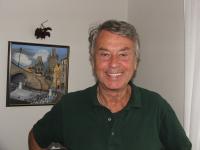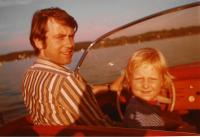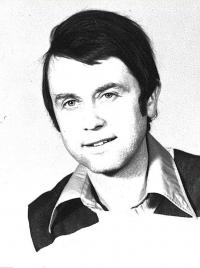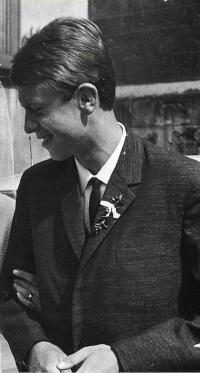“One of my Sokol brothers (Scouts) refused to carry the flag during the Sokol parade in Zurich, because there were the STB agents from Prague (STB=former communist secret state police) sitting in the audience. I must have carried the flag; because I was embarrassed to admit I was afraid of them too.”

Download image
Mr. Karel Pokorny can be considered the typical representative of the so-called Immigrant generation of the 68´.One of the people who decided to emigrate in 1968 or 1969. He was born in 1941 in Prague. His father was employed in the pharmacological factory. But he lost his job after the February 1948, because he was involved with the Czech nationalist party. Karel Pokorný was leaving Czechoslovakia just when his career proceeding was within a reach. He was offered a membership in the communist party. But he didn’t socialize much anywhere; he wasn’t a member or a candidate for the communist party. He was an eyewitness of the August 21st 1968 events. He spent these days in Prague; he was among the people gathered in front of the Czech radio building. In the summer of 1969 Mr. and Mrs. Pokorny decided to leave the country. They left together with their few months old son to Germany. They were one of the last people who managed to obtain the travel permission reasonably easy. Mr. Karel Pokorny describes the life of Czech community in Munich; he is a member of the Sokol Munich.



